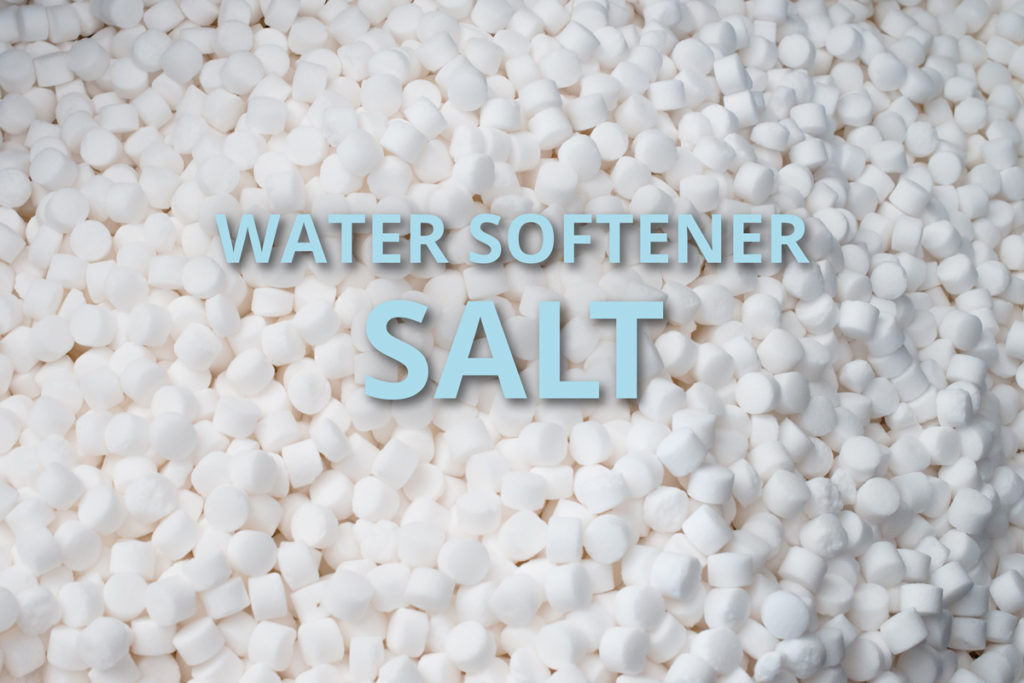Choosing the Right Water Softener Salt
April 16, 2018
Many homeowners in the US deal with hard water, which makes a water softener an obligation. While selecting water softener salt may appear like a luxury, having hard water or choosing the wrong salt can be more harmful than you think.
Your plumbing and appliances are more likely to cause mineral buildup with hard water, which produces corrosion or rust over time. Appliances like dishwashers, washing machines, and water heaters can develop excessive mineral buildup, causing them to run inefficiently, too. Showers, tubs, and sinks also become more difficult to clean. Shampoos and detergents don’t wash out very well either, which can cause dryness or skin irritation.
Investing in a water softener will increase the life of your plumbing equipment, while softening your hair, skin, and clothes. But how do you choose the right water softener salt? Many different options exist on the market and the quality of the salt matters. Impurities will create buildups in your brine tank, which require professional cleaning. Even worse, it can create a coating on top of the water in your tank, called a salt bridge.
Solar Salt
Created by evaporating sea salt, this salt can get as pure as 99.5 percent or higher. Solar salt dissolves better than rock salt, yet cheaper than evaporated salt.
Pellet Salt
Pellet Salt is solar salt that has an added binding compound to make the salt crystals form a pellet. This salt loses purity due to the binding compound. Therefore, pellet salt cannot be used in any softening system with a built-in sanitizer because it will destroy the mineral bed. This form of solar salt is ideal for larger water usage systems as it will last longer than crystalized solar salt.
Rock Salt
Rock salt occurs naturally, but plumbers do not recommend using it. You would need to clean your tank several times a year because the key impurity is calcium sulfate.
Potassium Chloride
Evaporated, solar, and rock salt created from sodium chloride are less than ideal options for a low-sodium diet. Potassium chloride acts as a healthy, sodium-free alternative to the standard water softener salt. Found in a variety of foods, potassium chloride provides essential nutrients and softer water without the salt intake. Potassium chloride is hard to find and generally much more expensive than sodium chloride.
You can take care of your appliances and plumbing by choosing the right salt for your water softener. Contact us to learn more about installing and maintaining a water softener.

 Subscribe
Subscribe Subscribe
Subscribe


Leave a Reply
You must be logged in to post a comment.